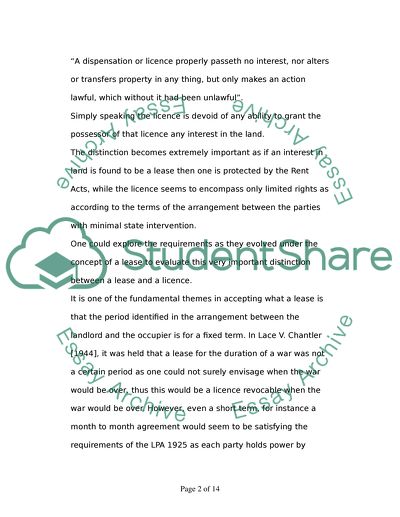Cite this document
(“Judicial Decisions Essay Example | Topics and Well Written Essays - 3000 words”, n.d.)
Judicial Decisions Essay Example | Topics and Well Written Essays - 3000 words. Retrieved from https://studentshare.org/law/1515036-judicial-decisions
Judicial Decisions Essay Example | Topics and Well Written Essays - 3000 words. Retrieved from https://studentshare.org/law/1515036-judicial-decisions
(Judicial Decisions Essay Example | Topics and Well Written Essays - 3000 Words)
Judicial Decisions Essay Example | Topics and Well Written Essays - 3000 Words. https://studentshare.org/law/1515036-judicial-decisions.
Judicial Decisions Essay Example | Topics and Well Written Essays - 3000 Words. https://studentshare.org/law/1515036-judicial-decisions.
“Judicial Decisions Essay Example | Topics and Well Written Essays - 3000 Words”, n.d. https://studentshare.org/law/1515036-judicial-decisions.


